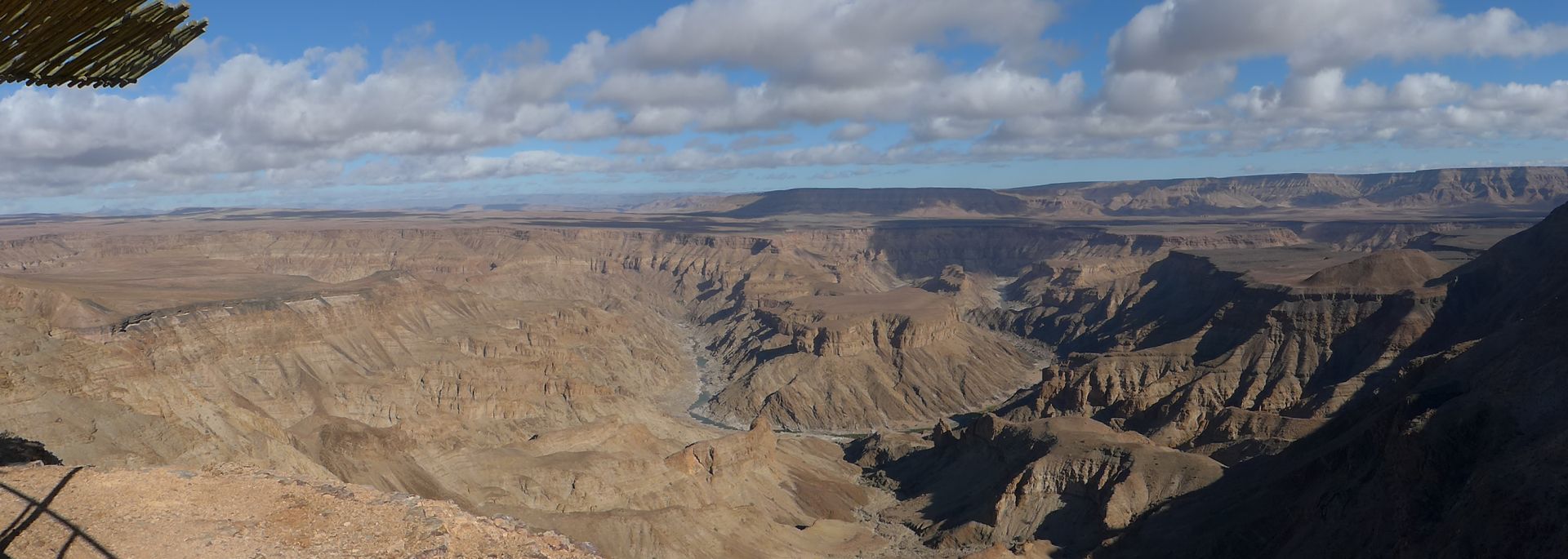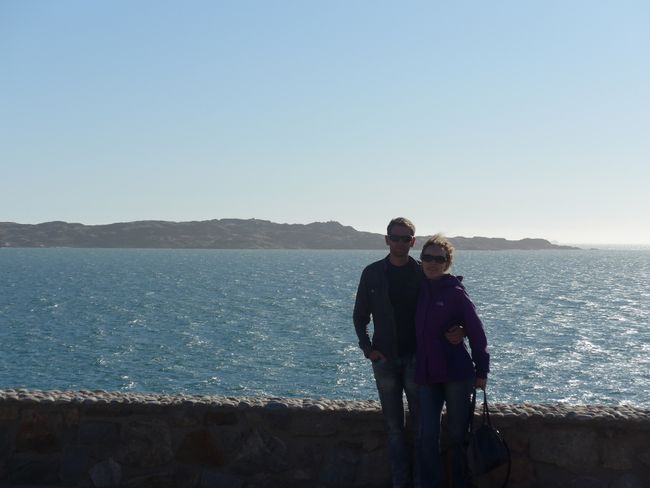Heading to Prague with the camper
شائع شدہ: 02.08.2023
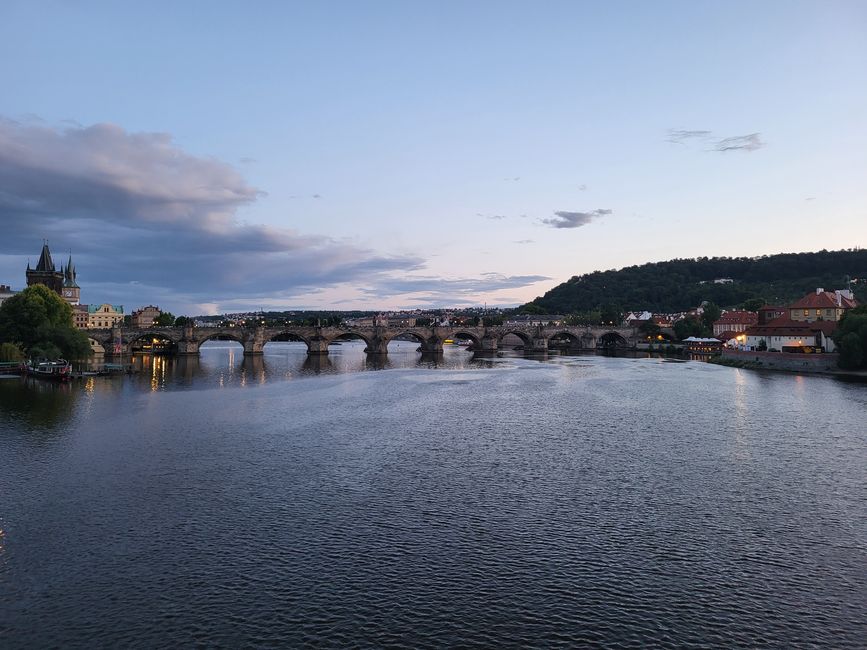
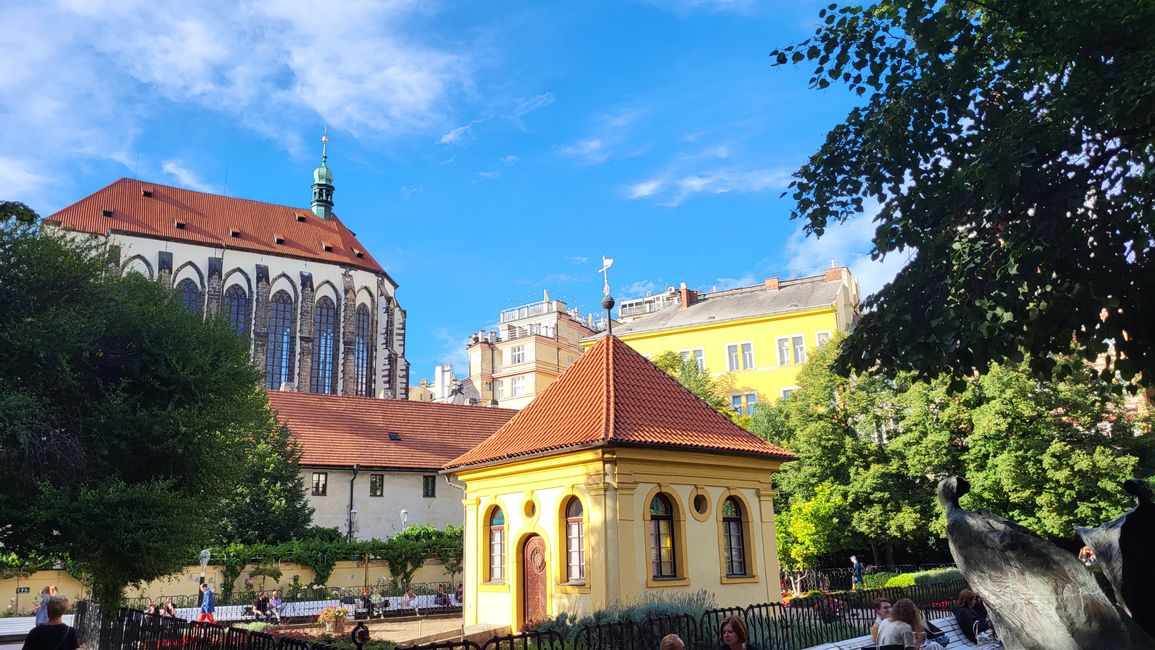
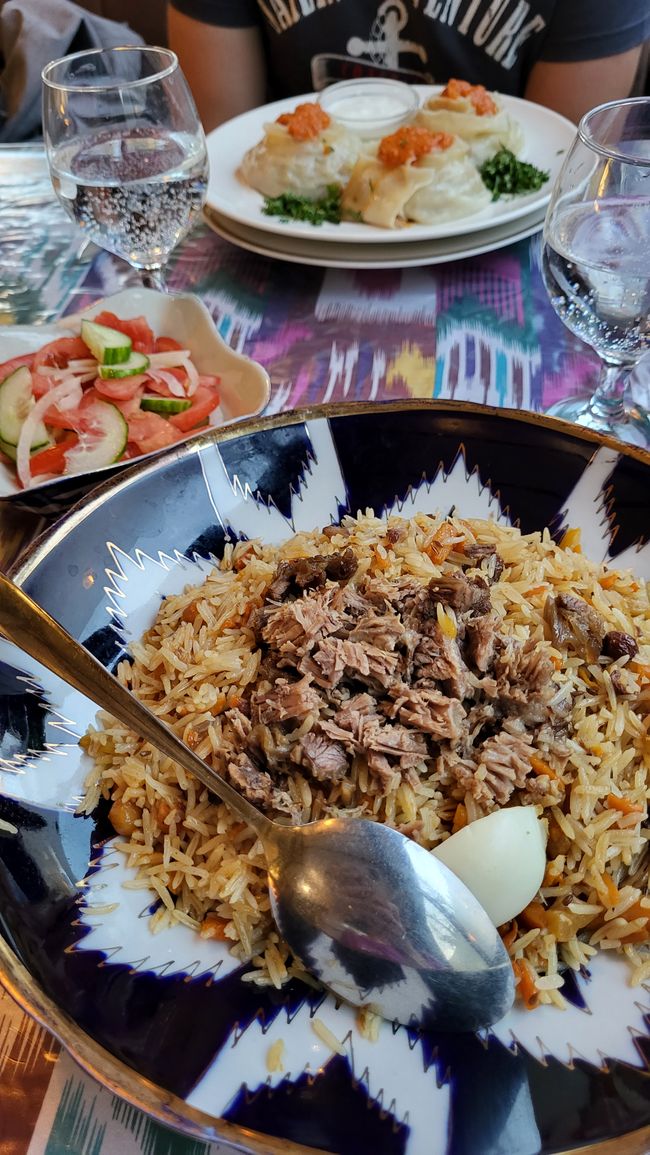
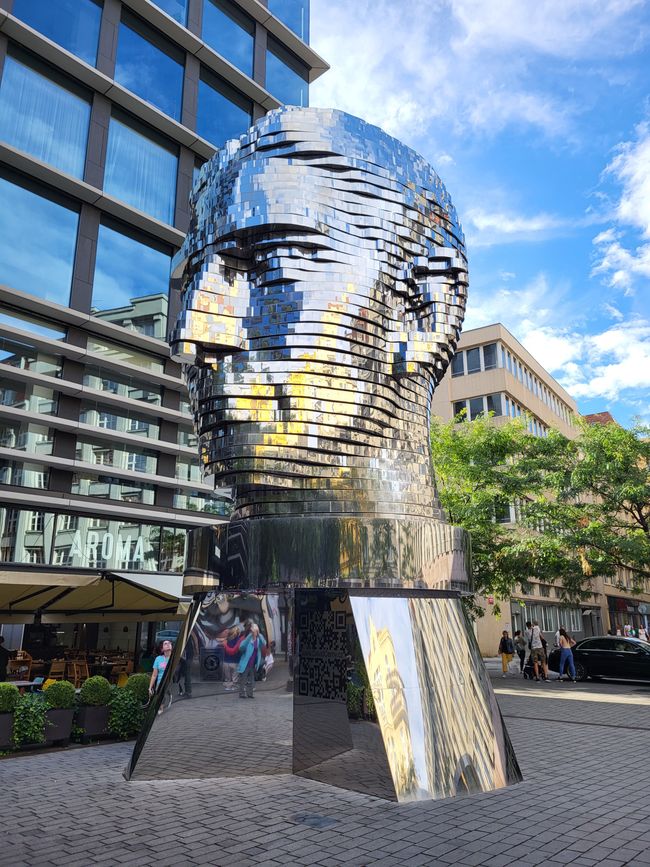
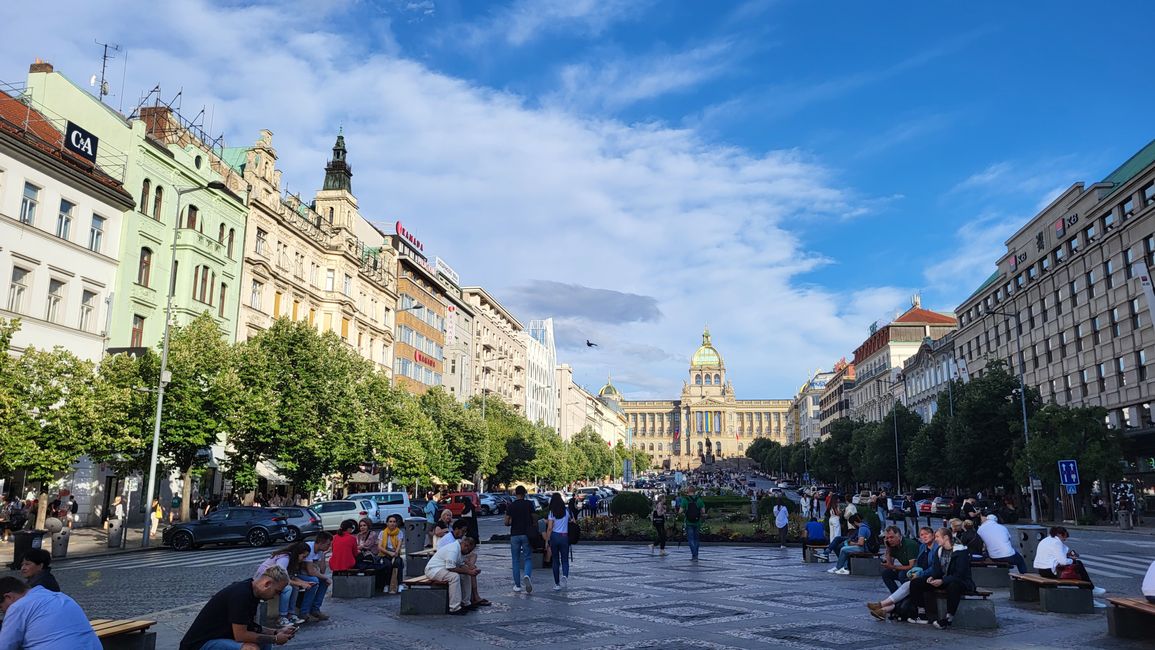
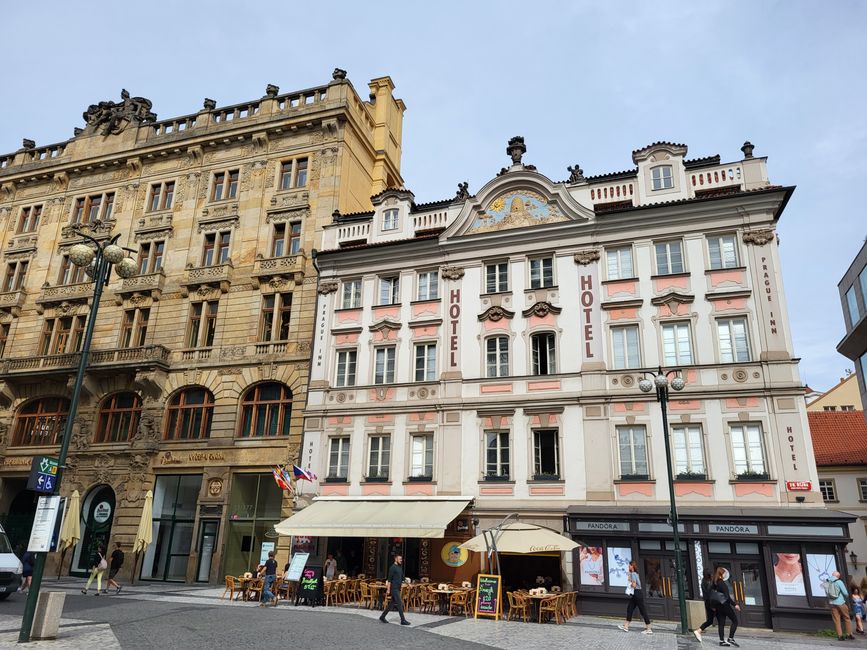
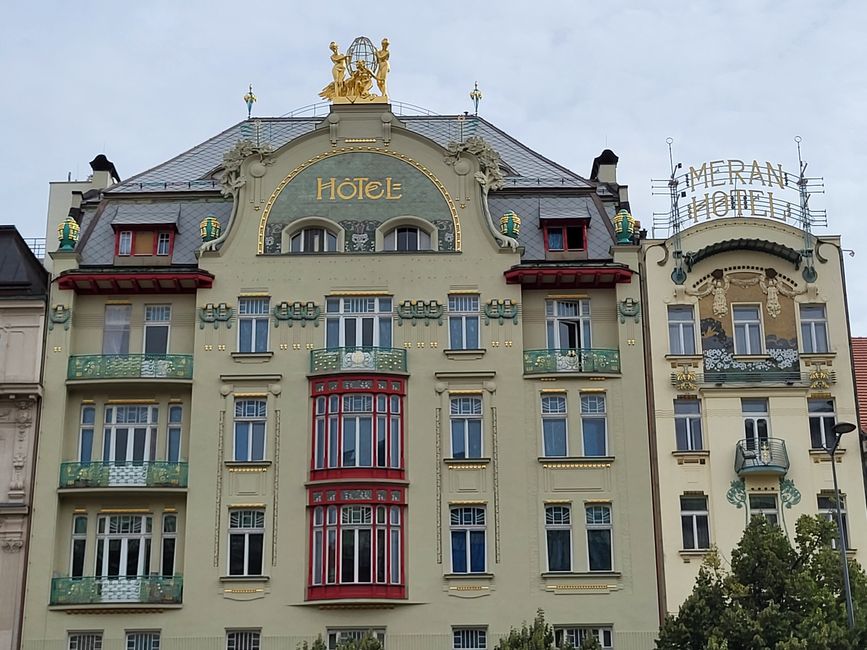
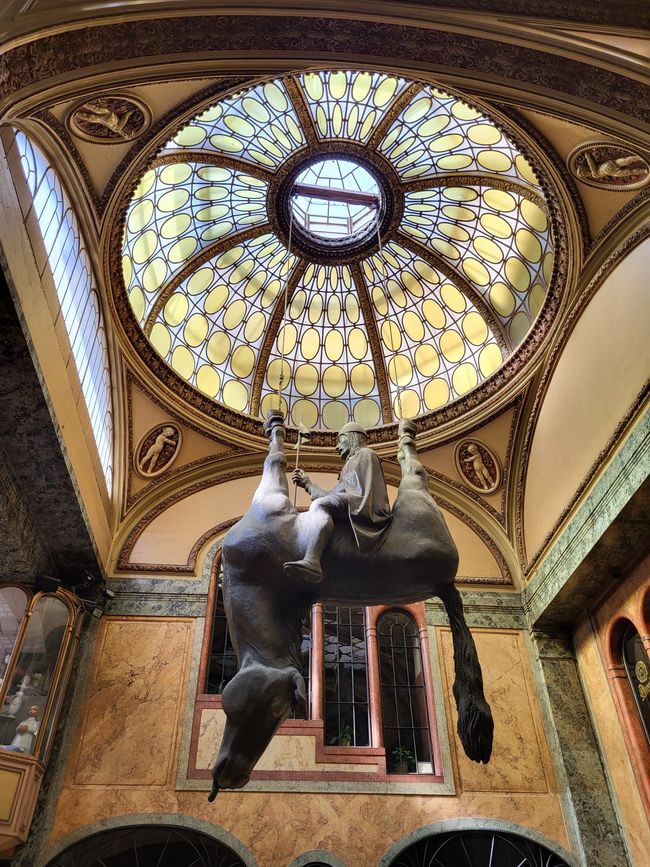
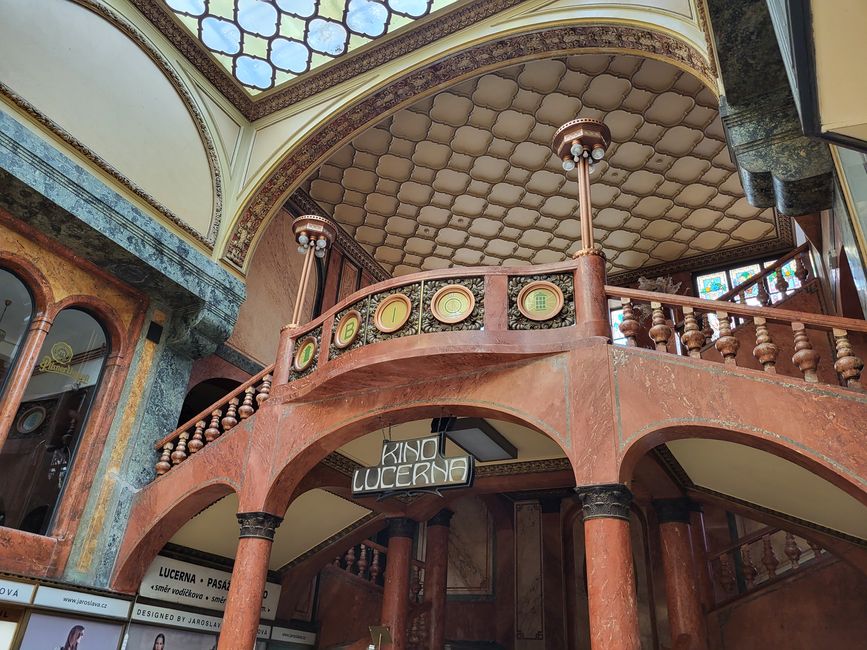
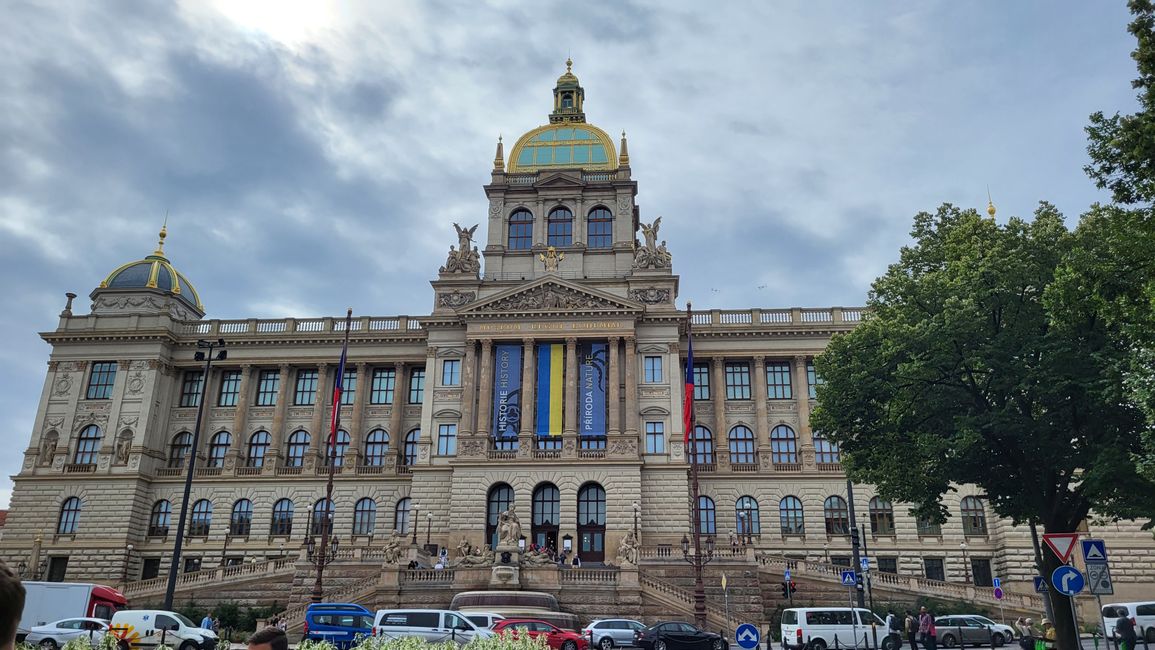
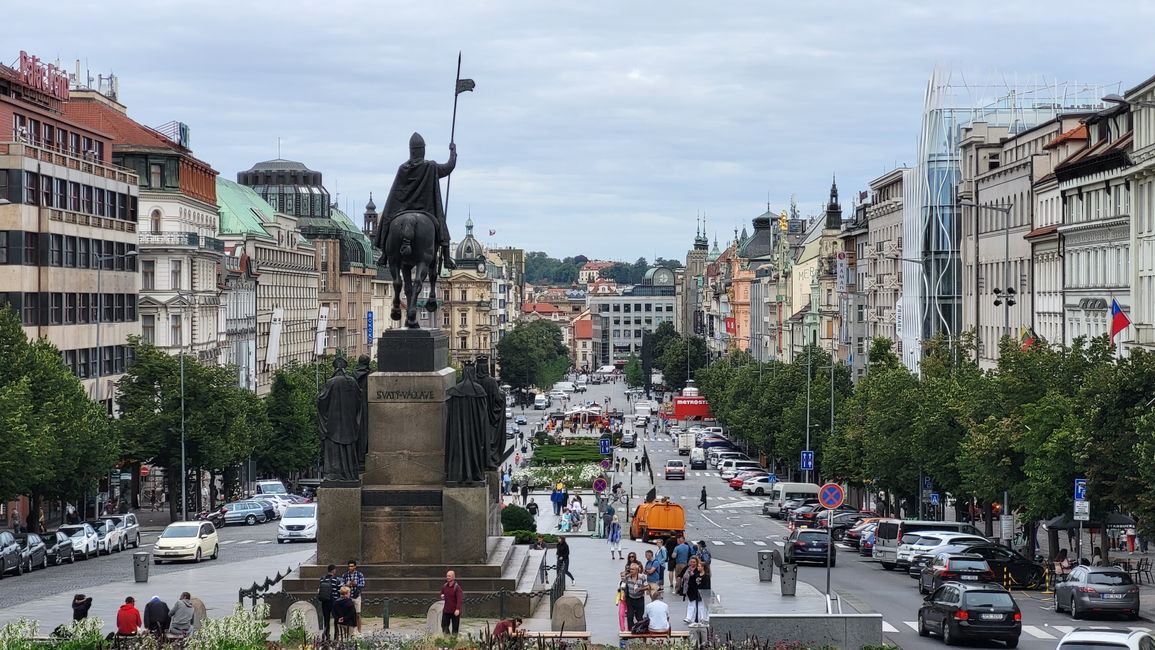
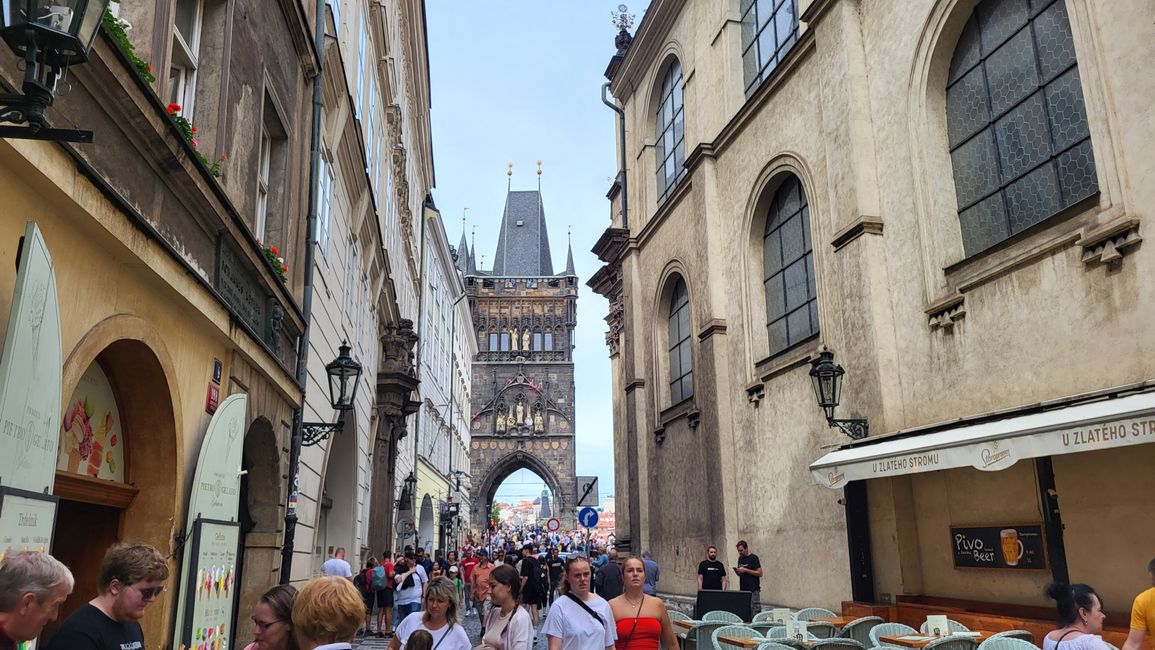
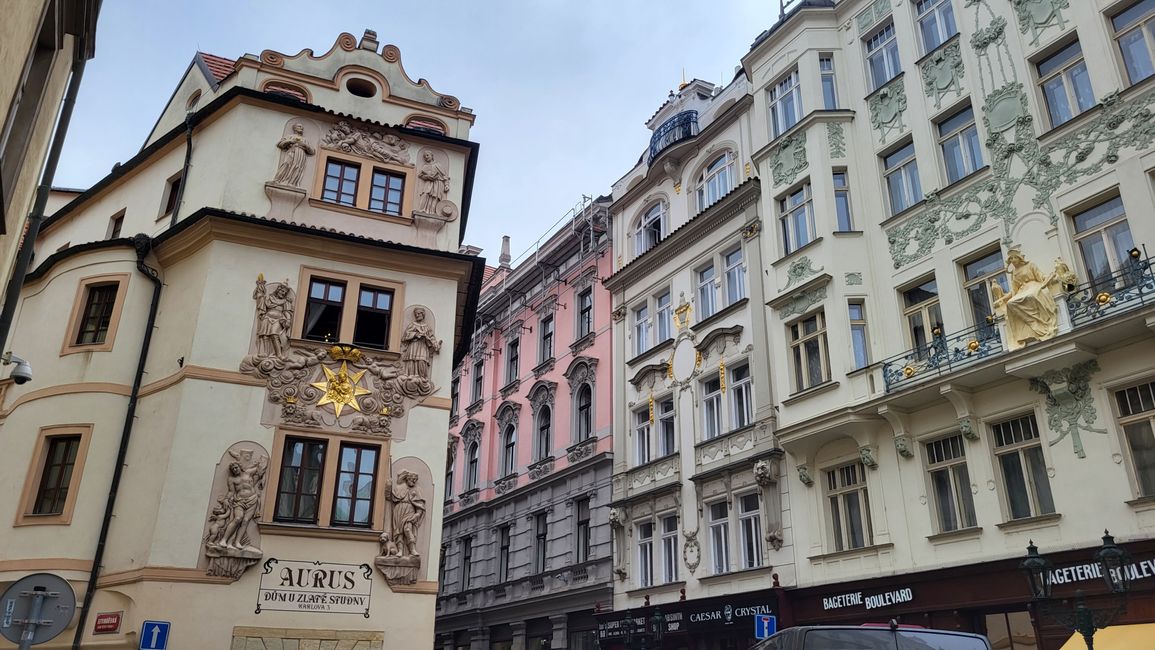
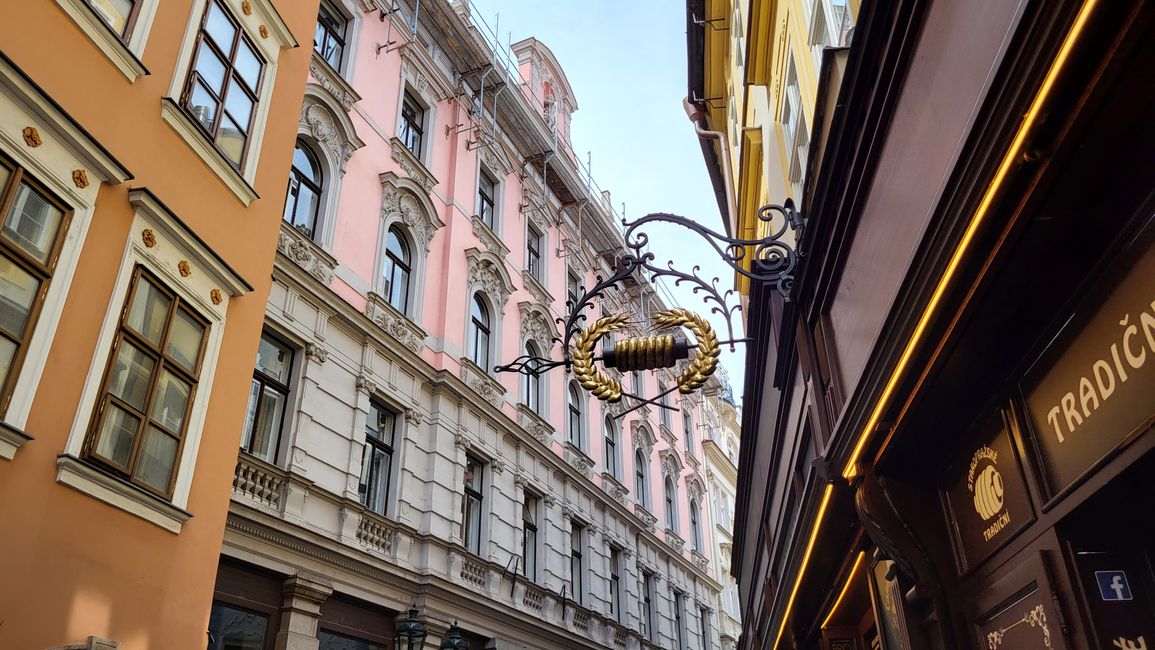
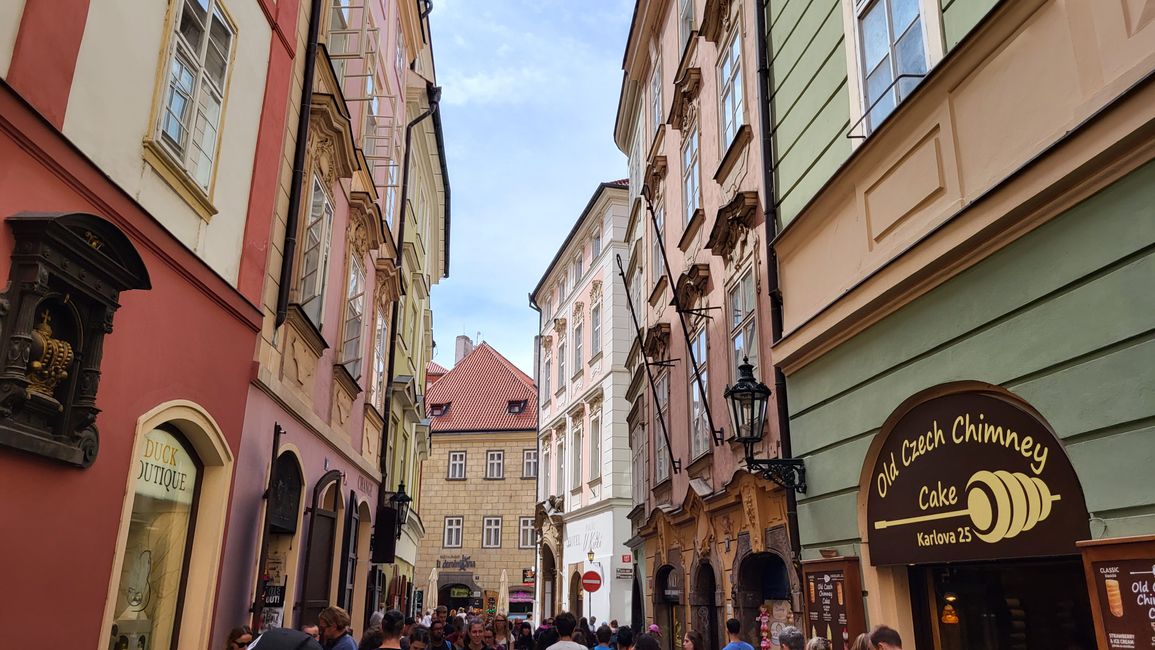
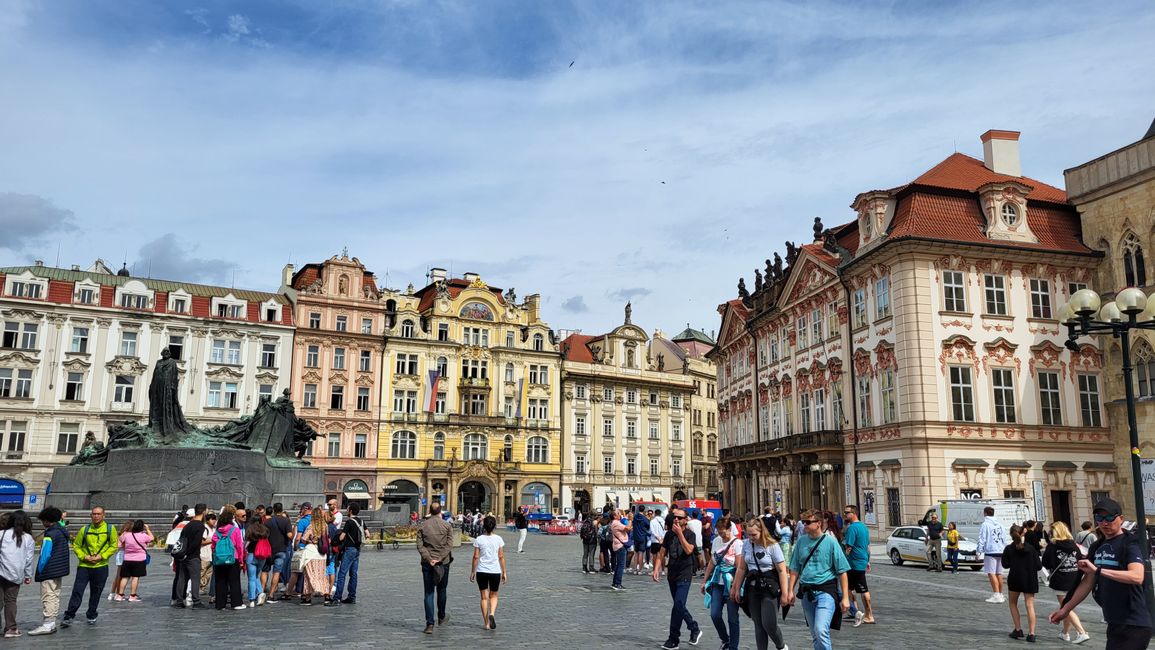
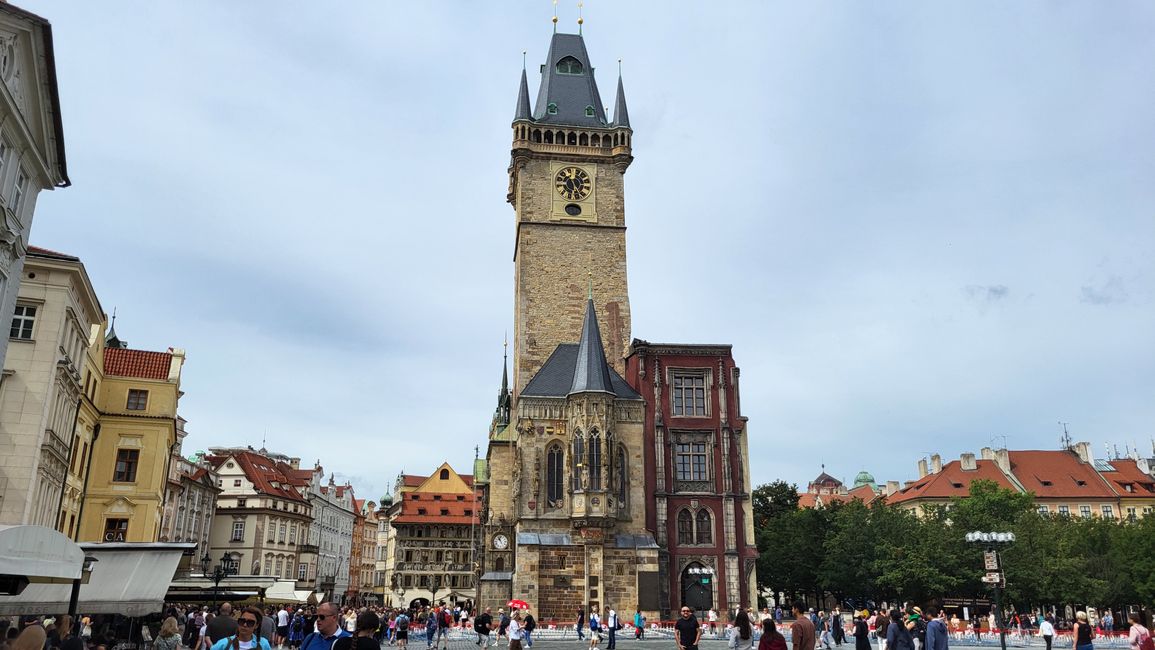
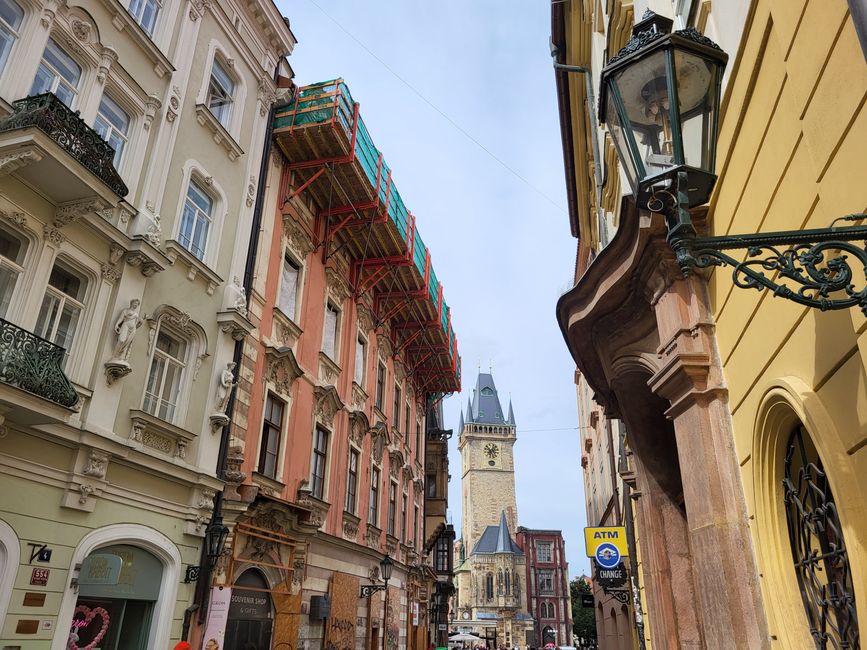
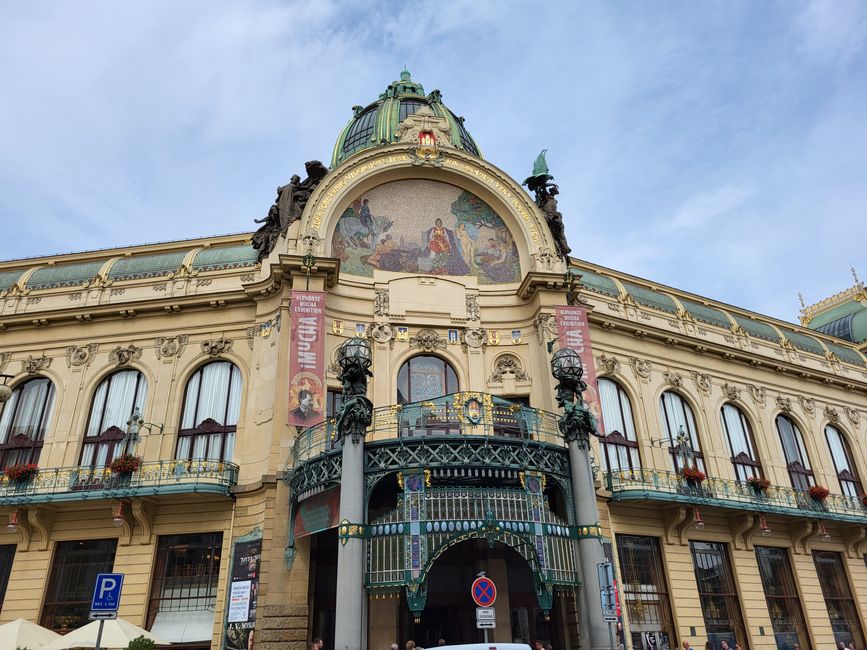
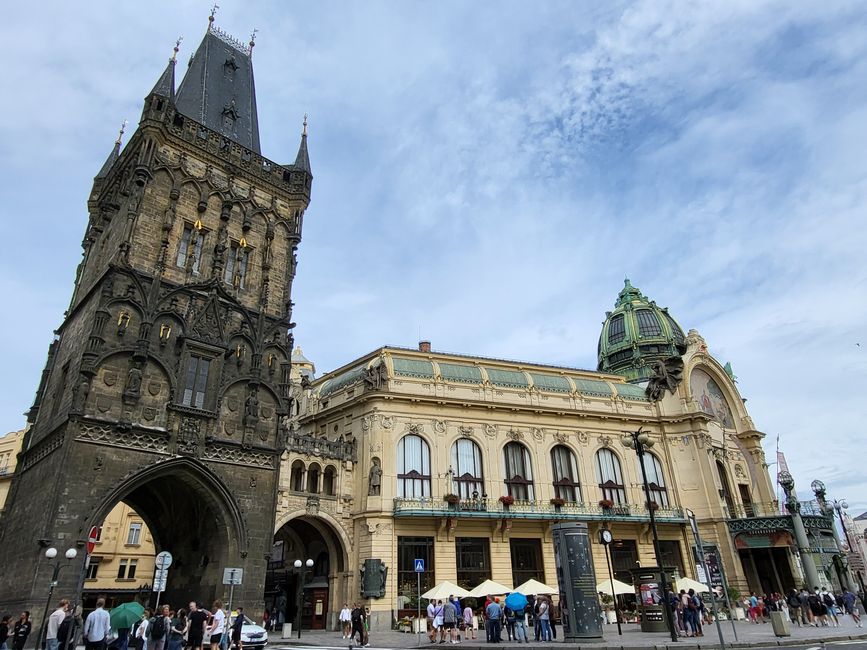
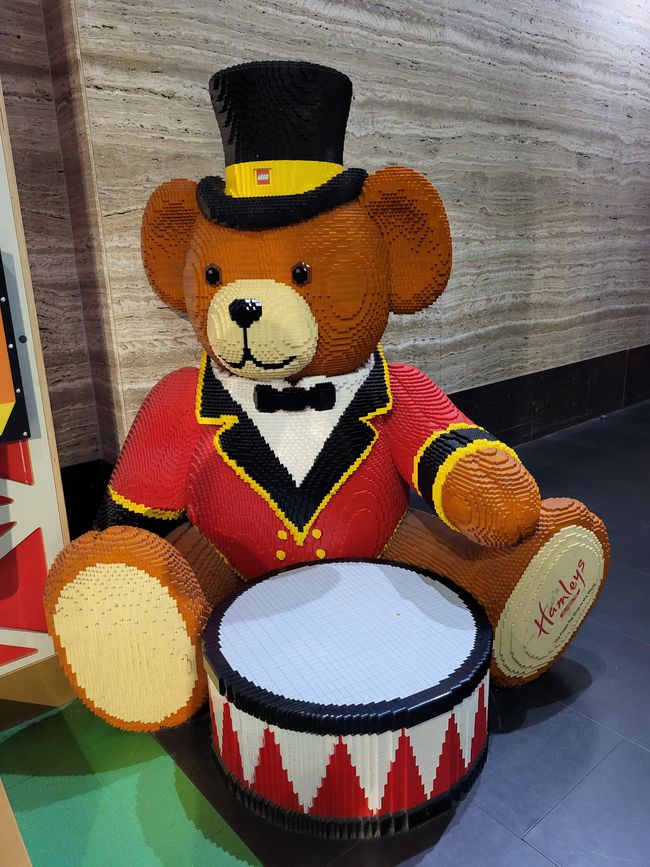
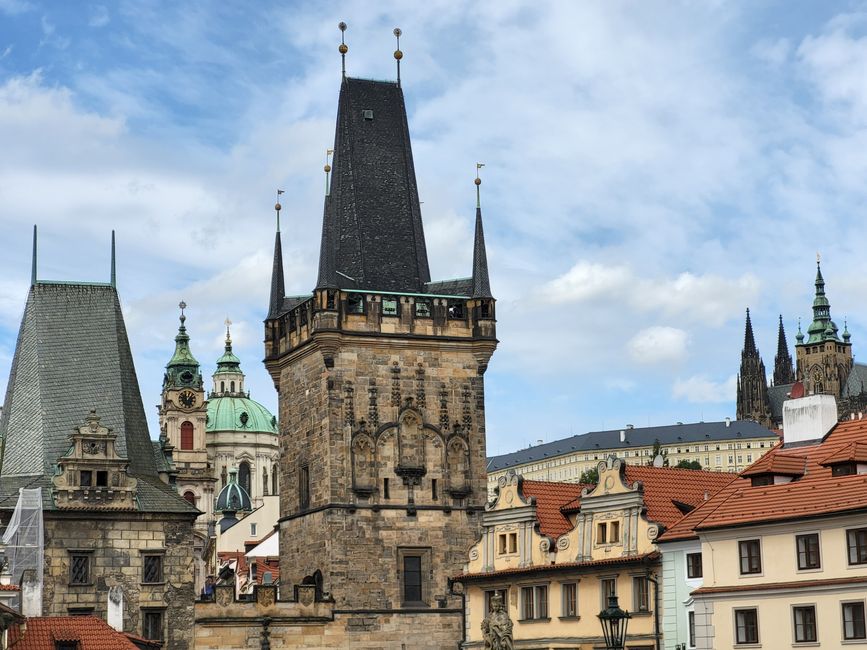
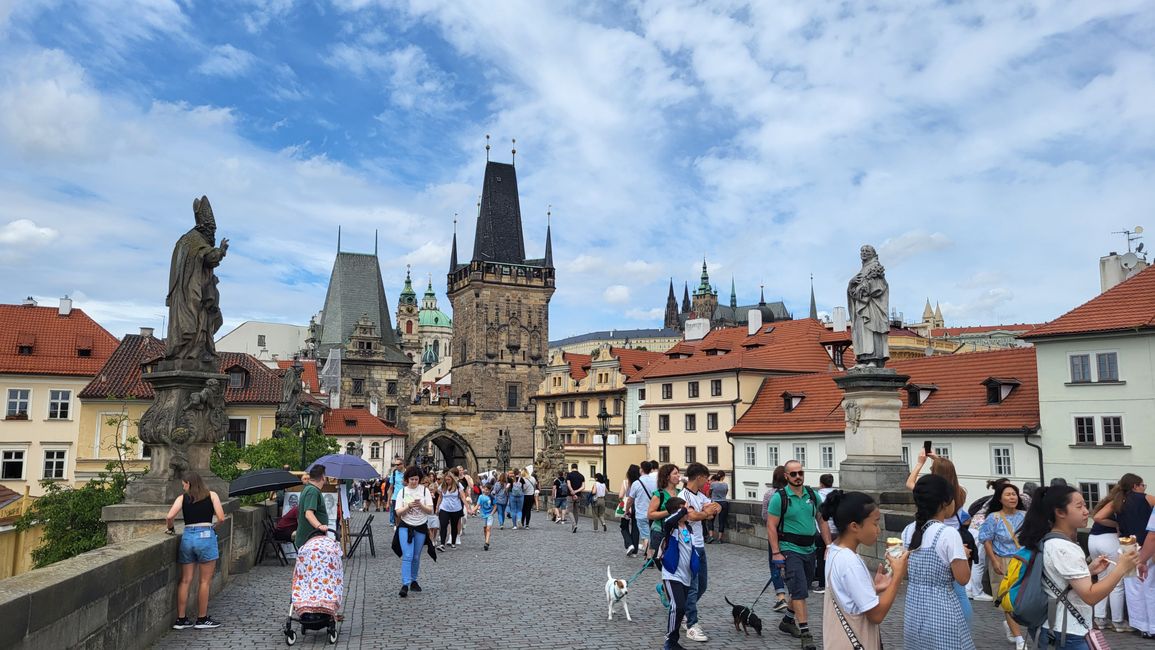
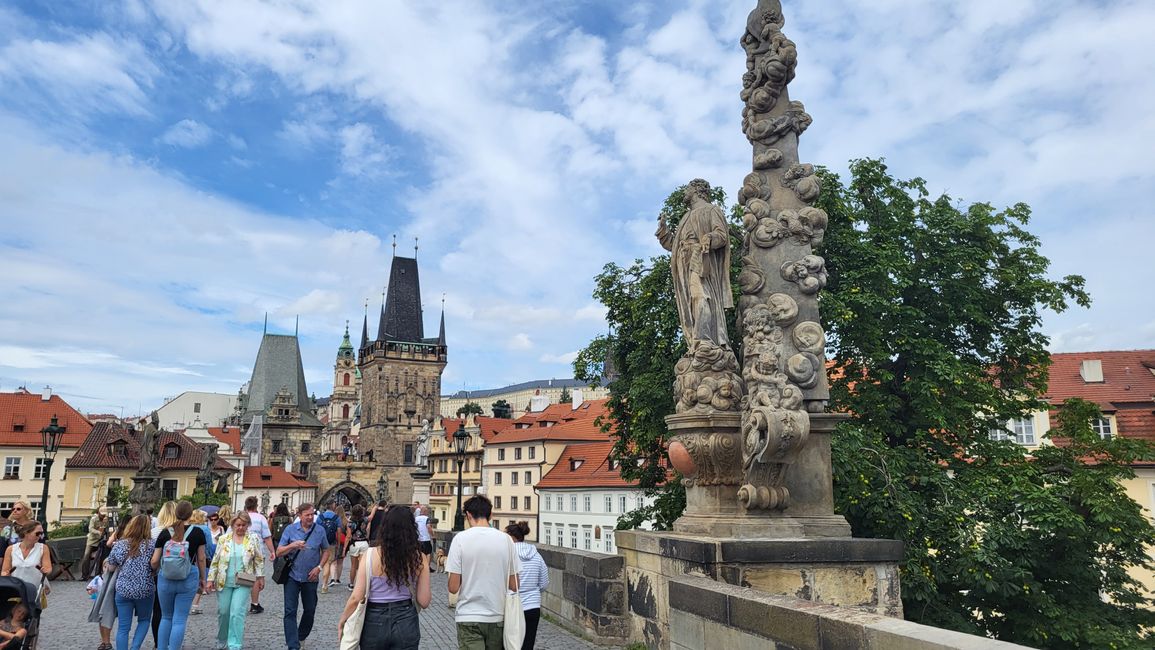
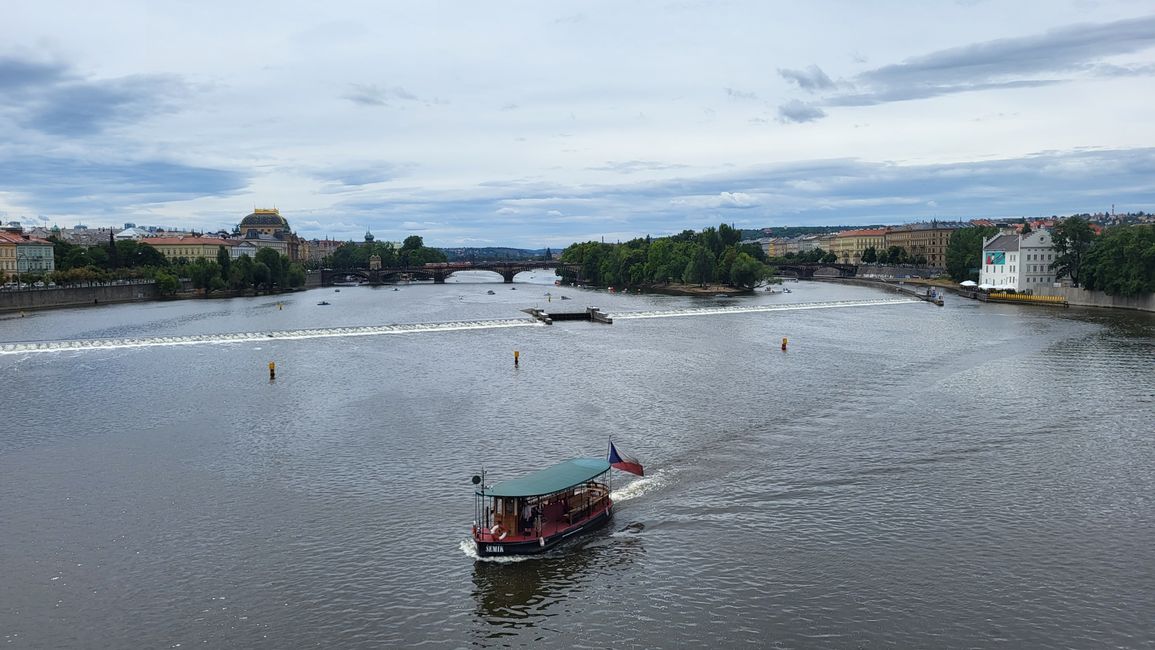
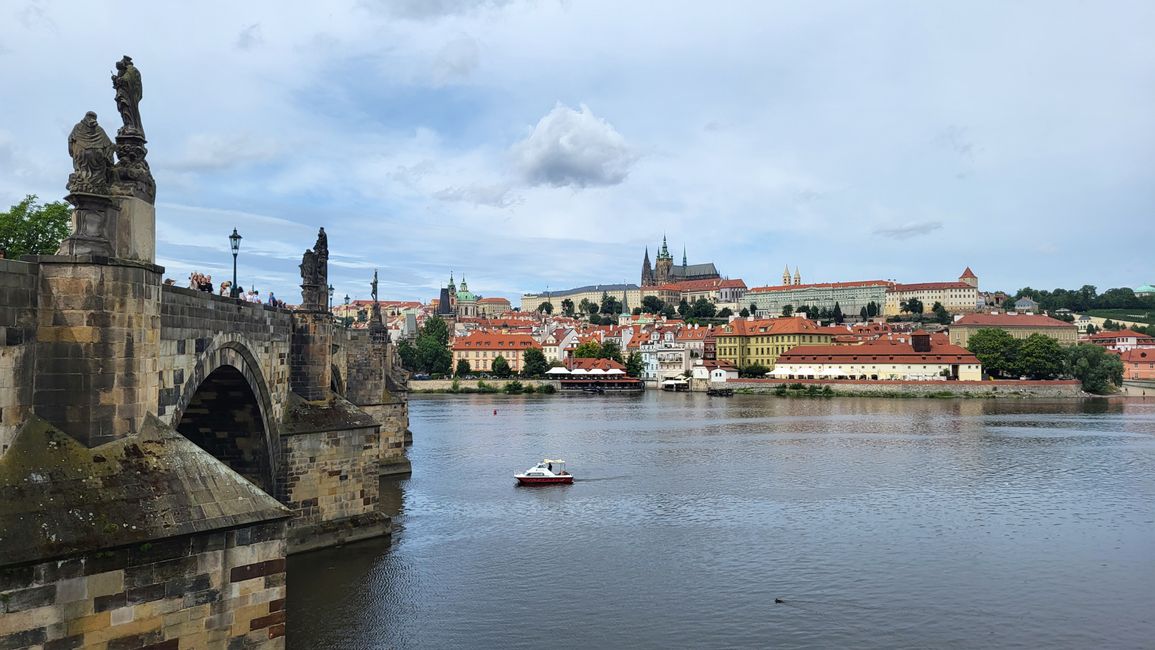
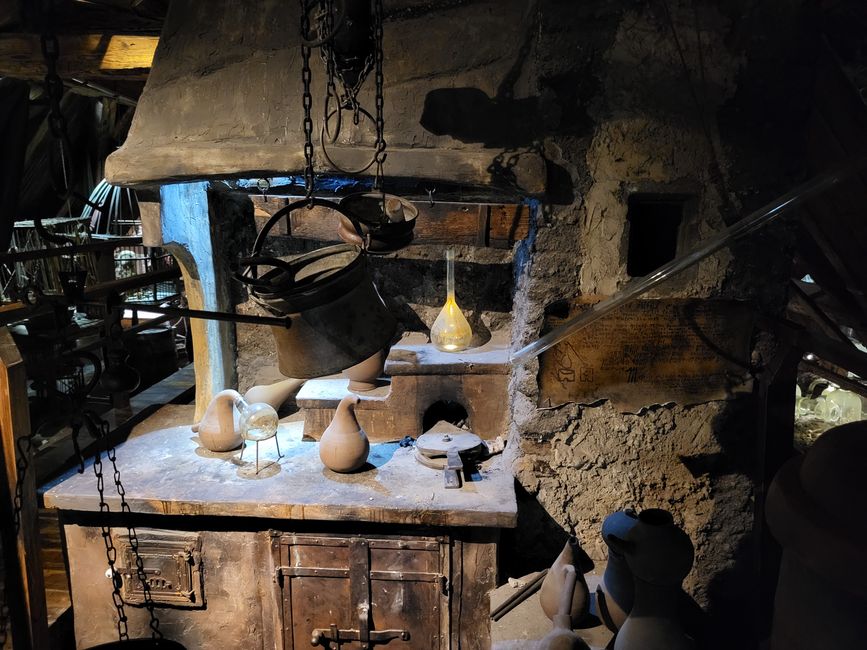
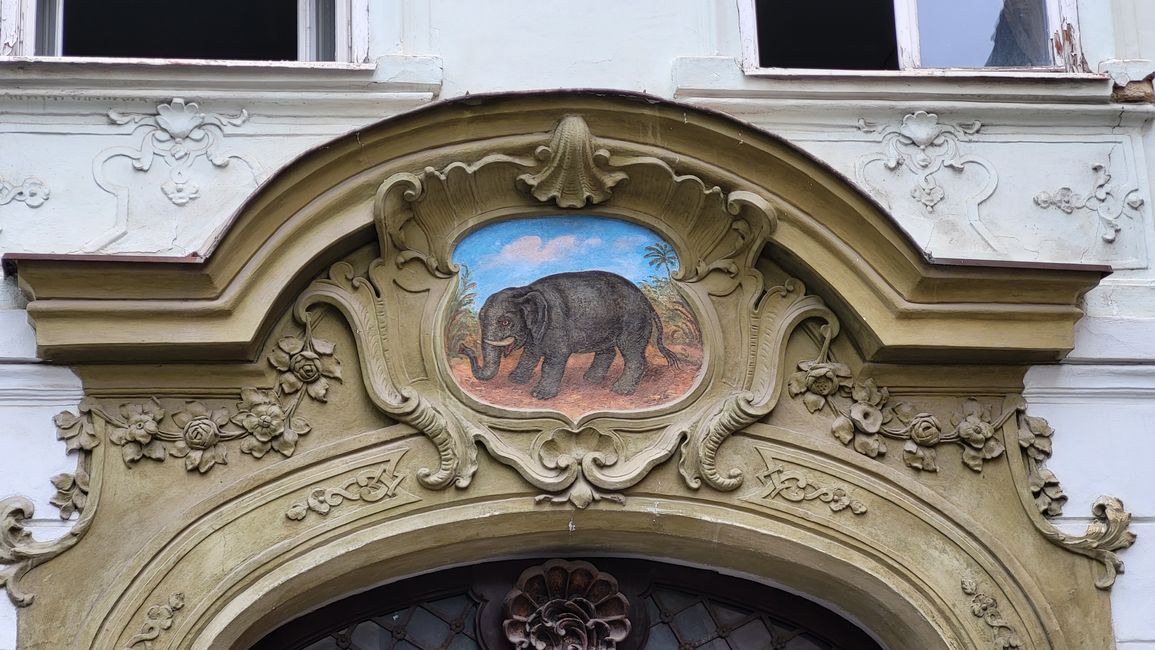
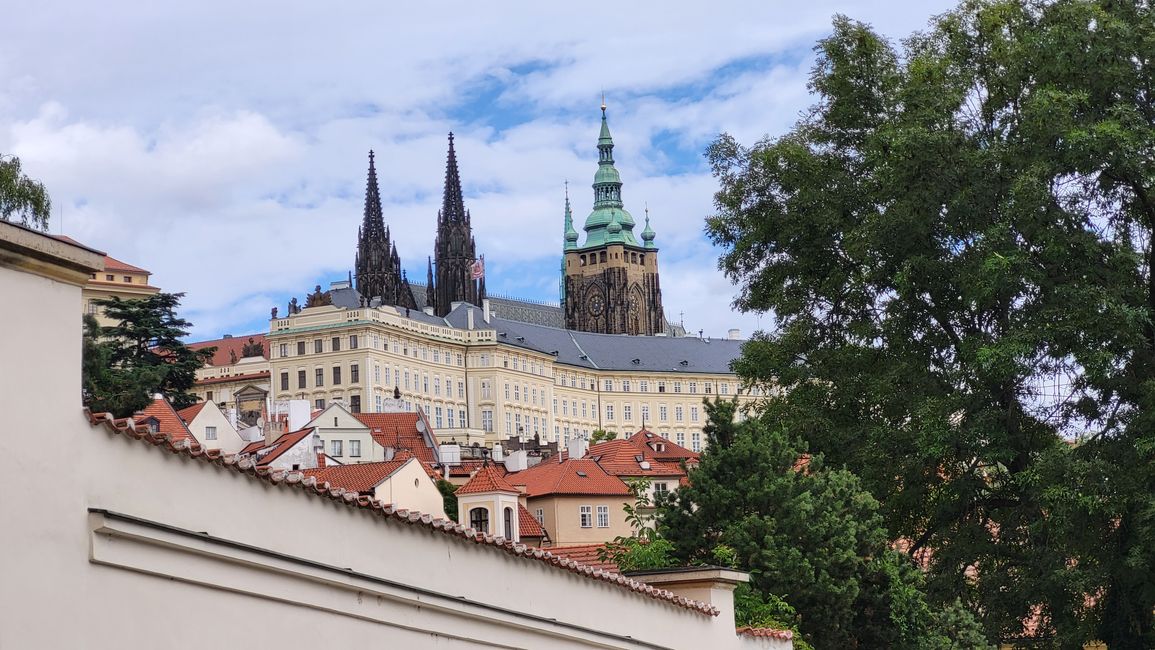
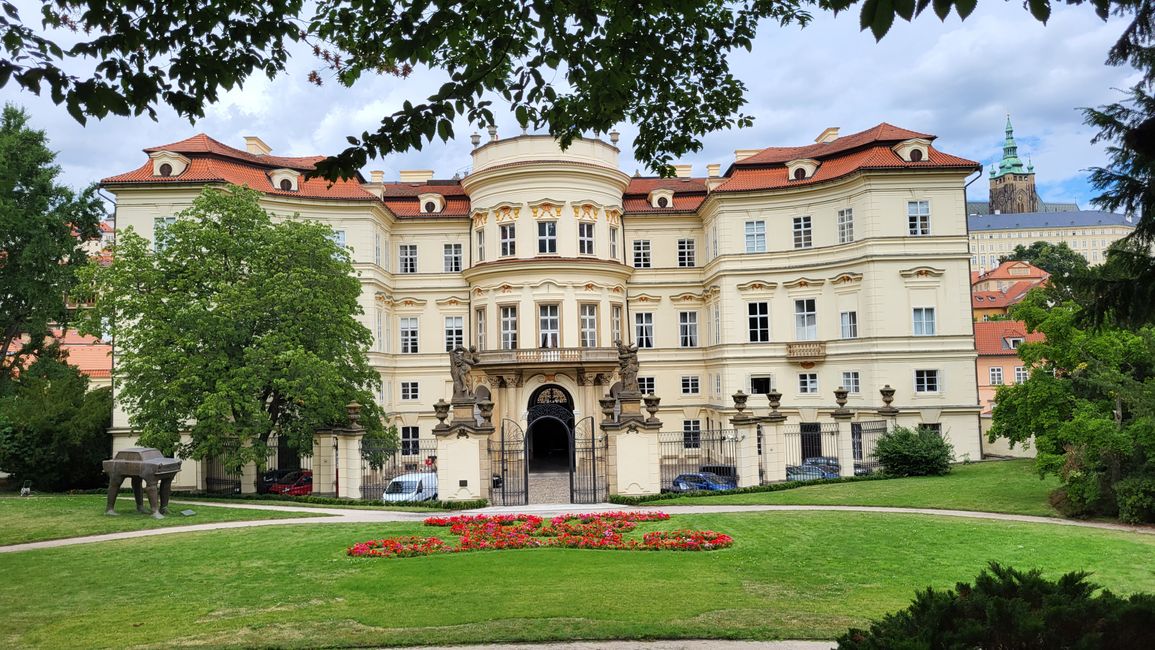
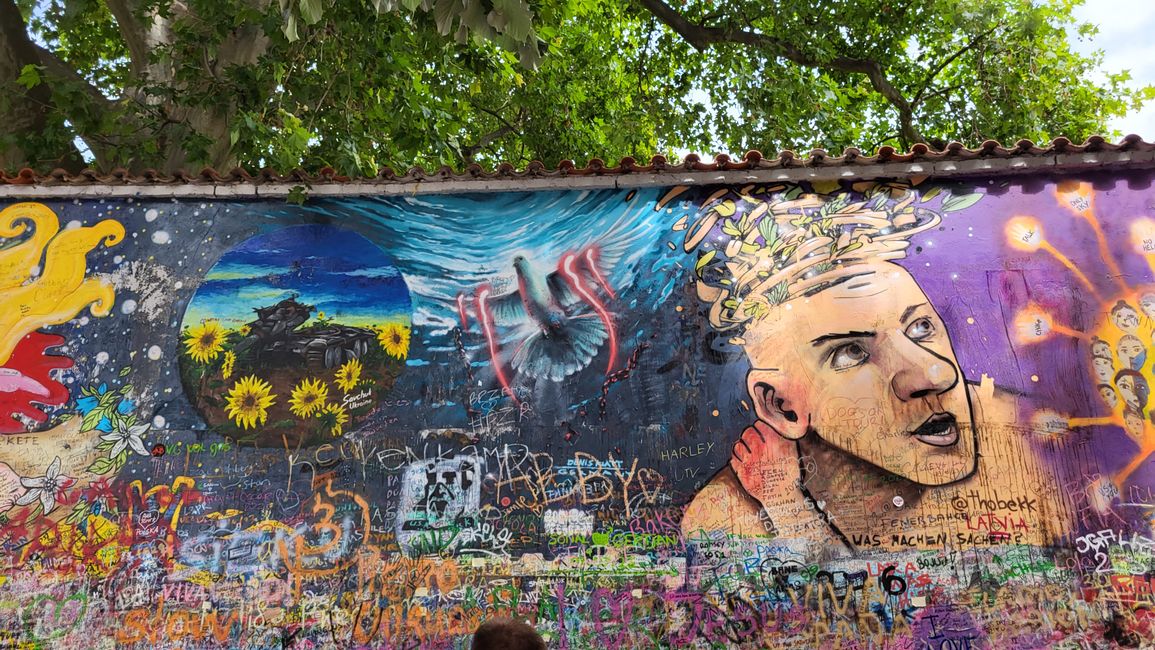
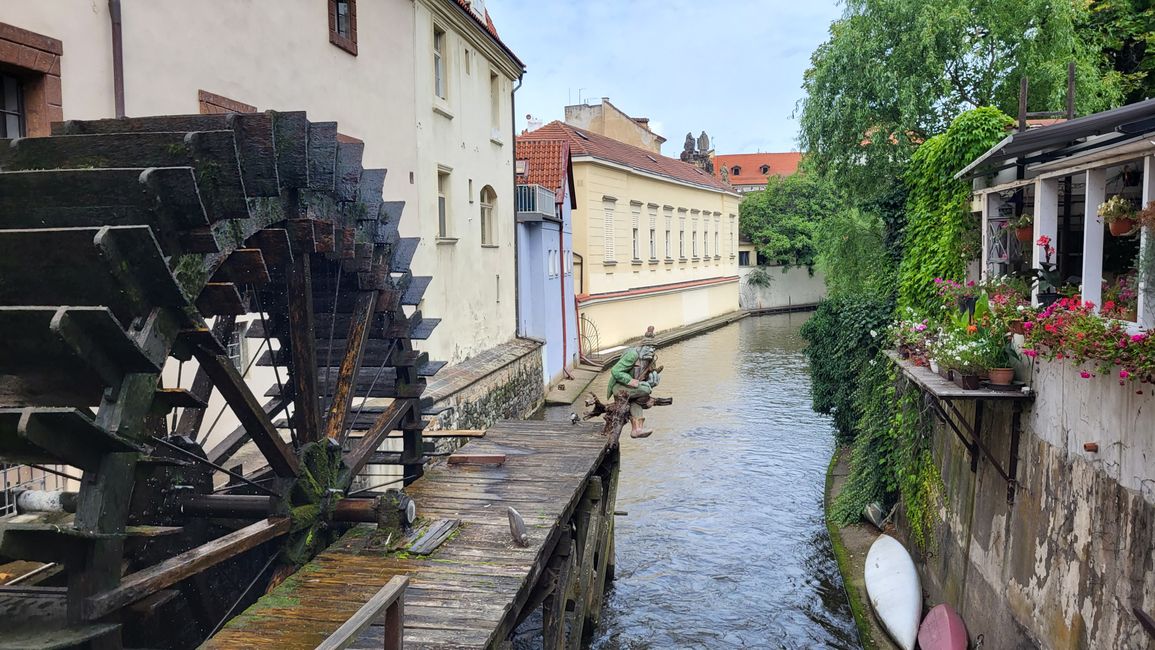
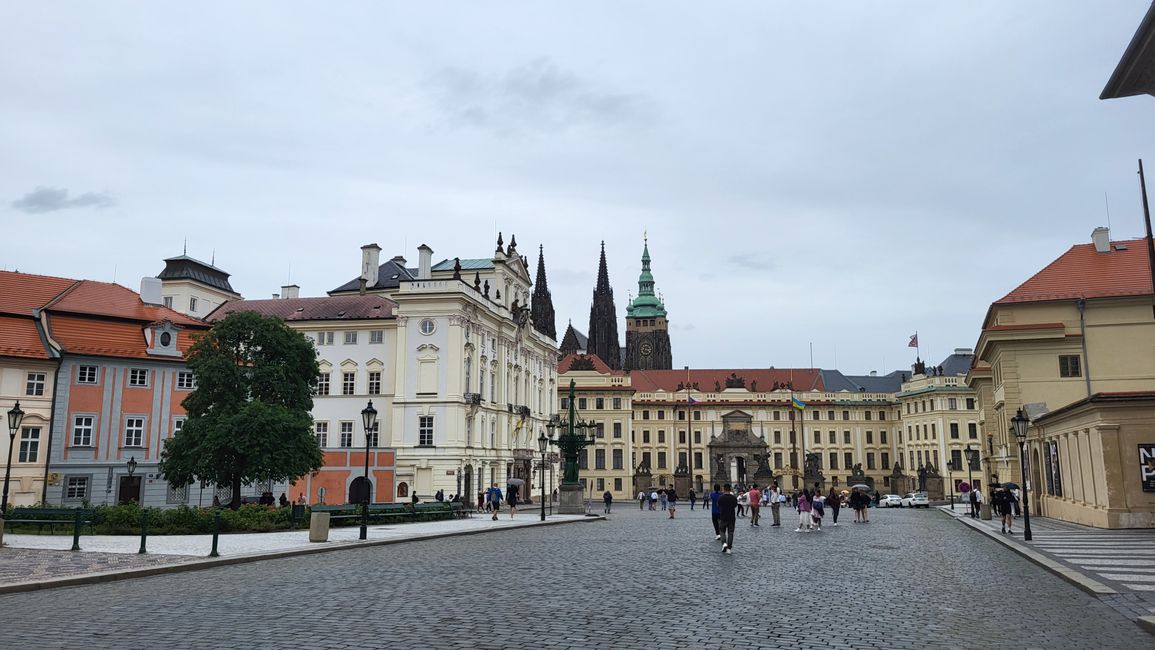
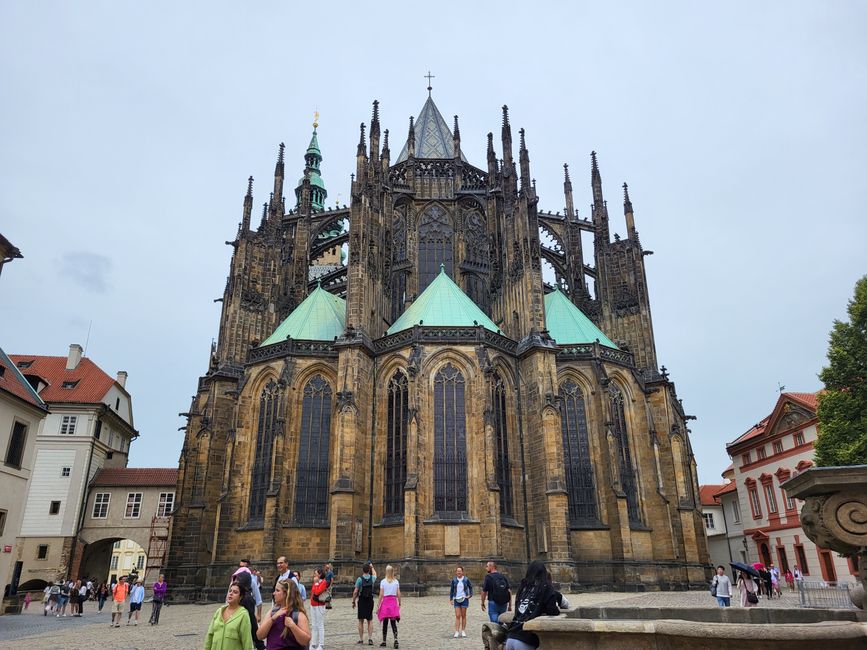
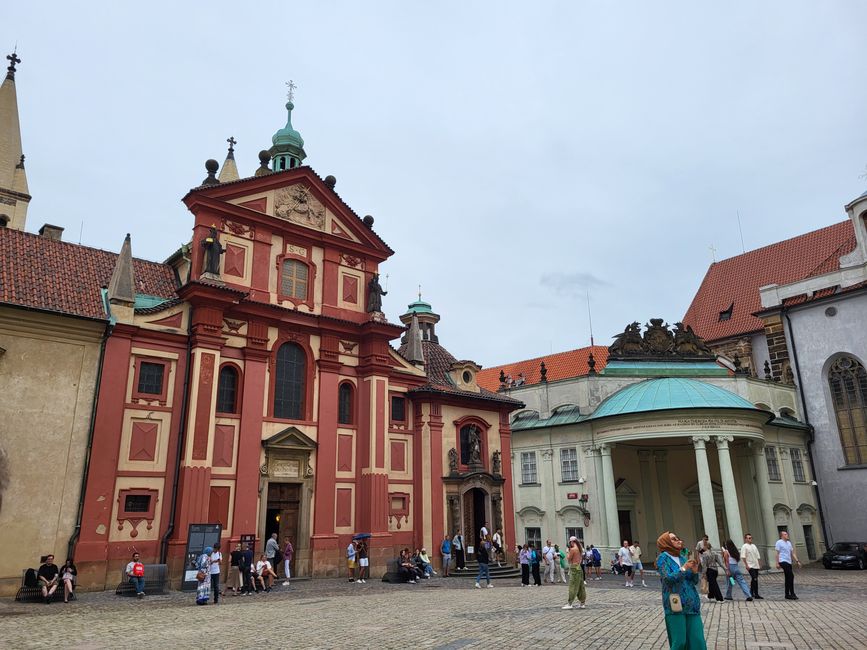
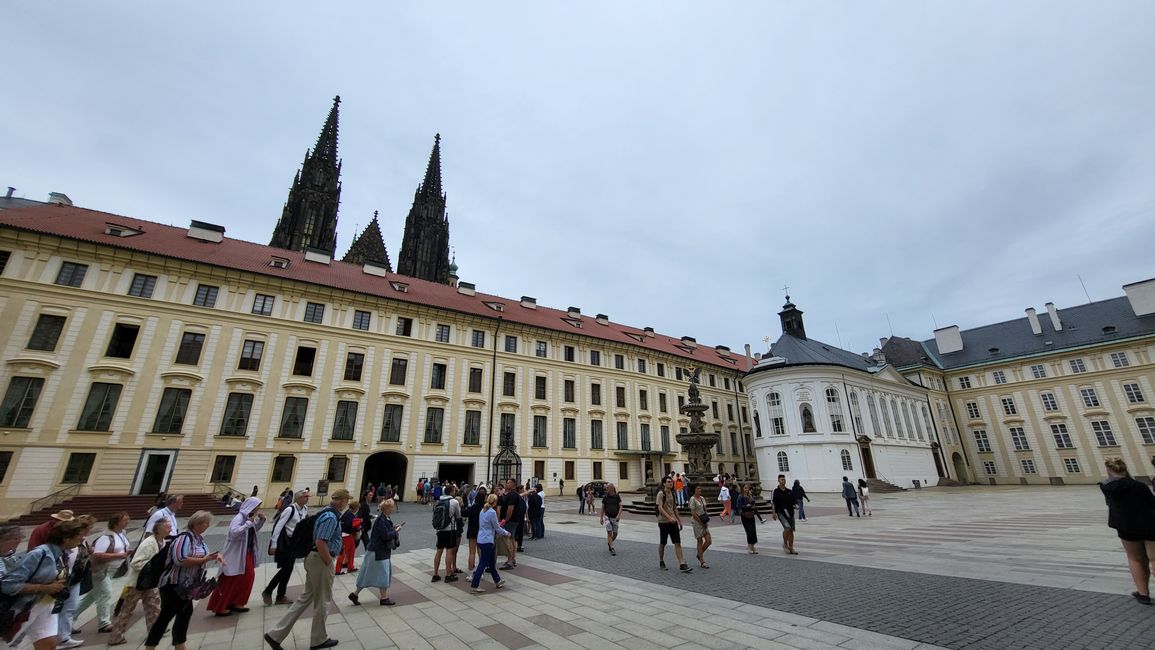
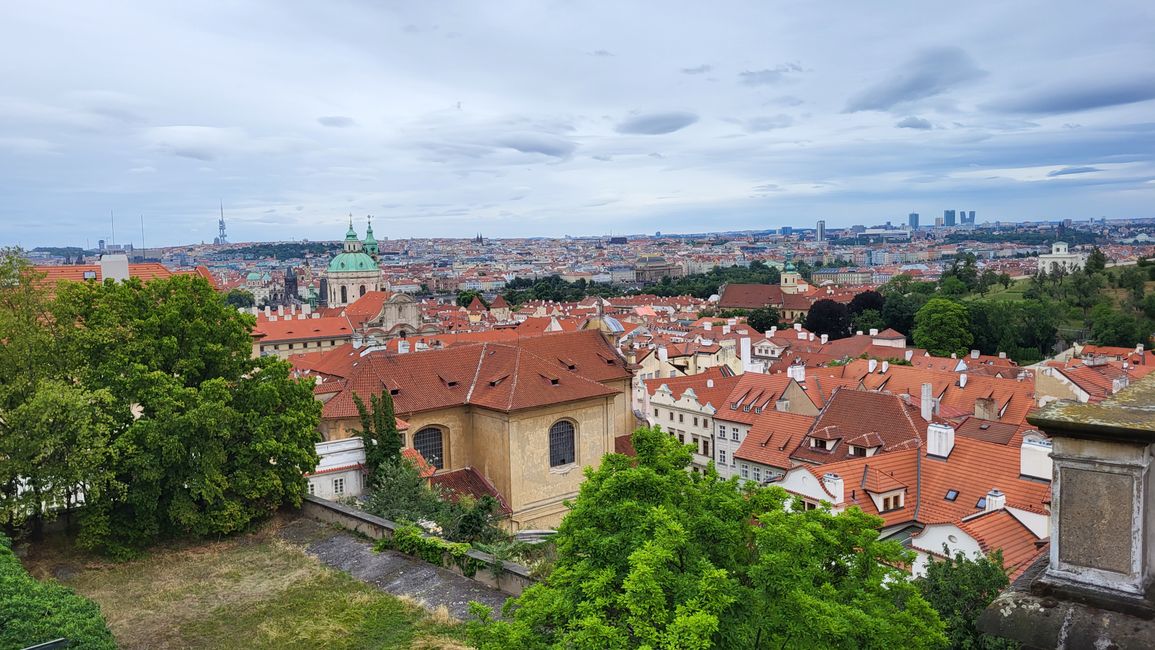
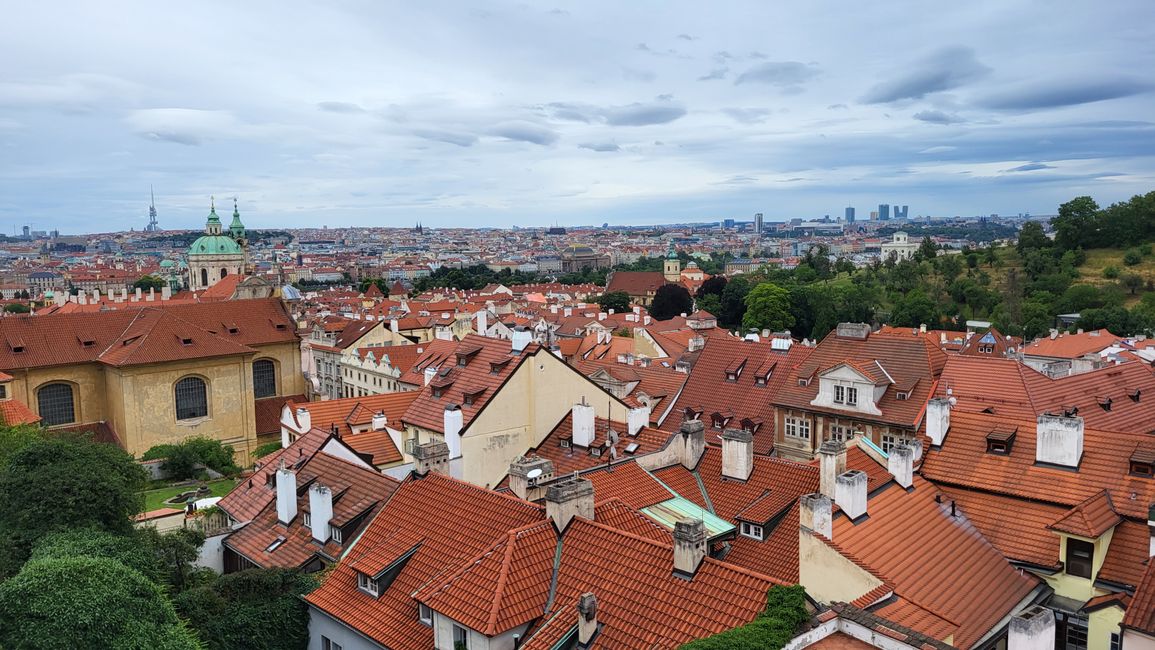
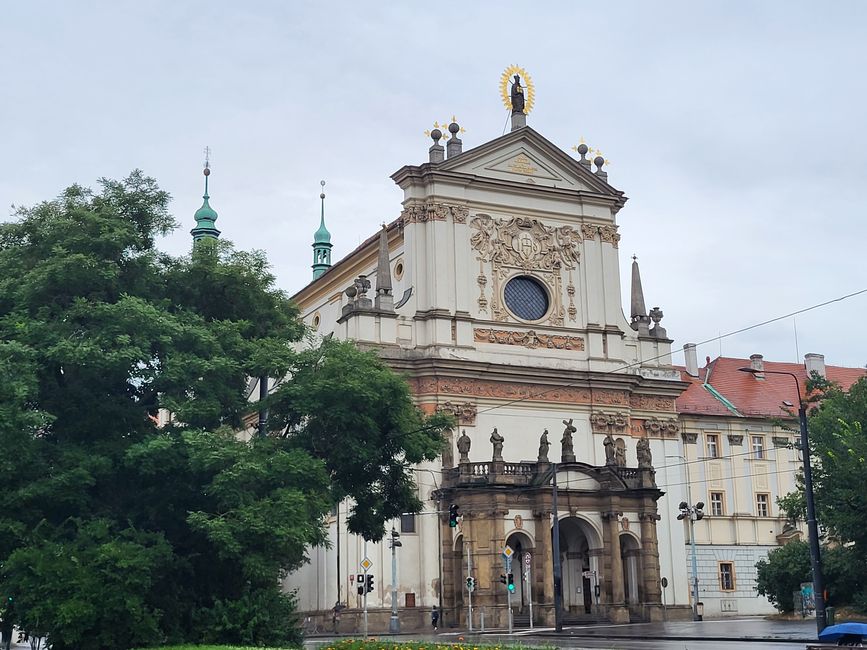
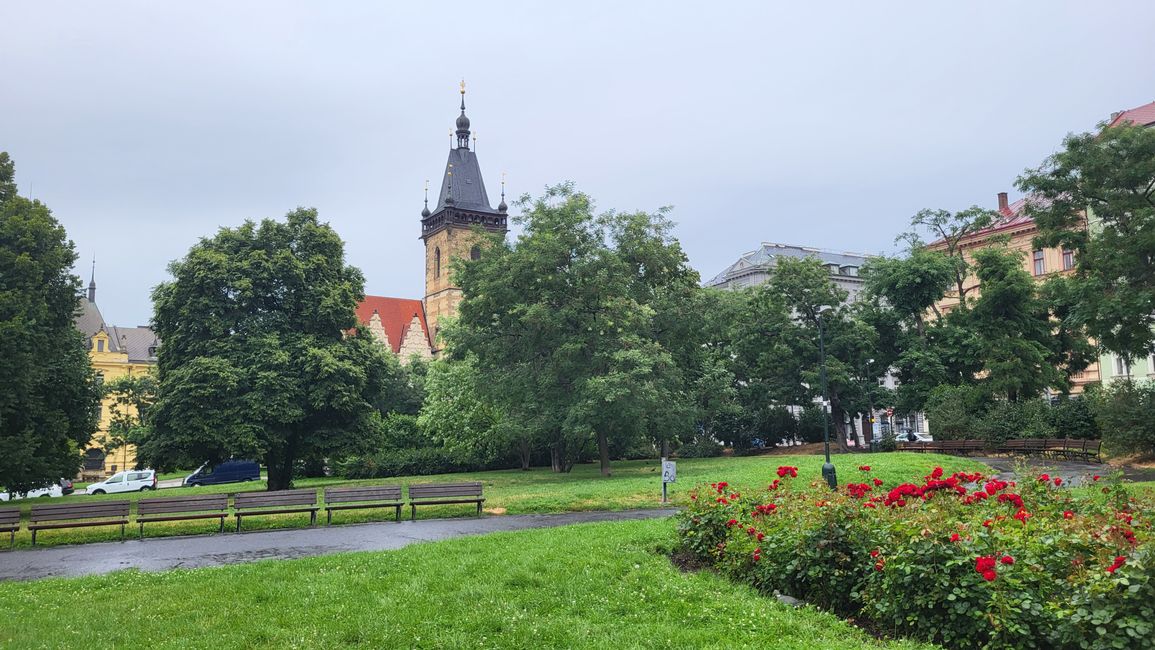
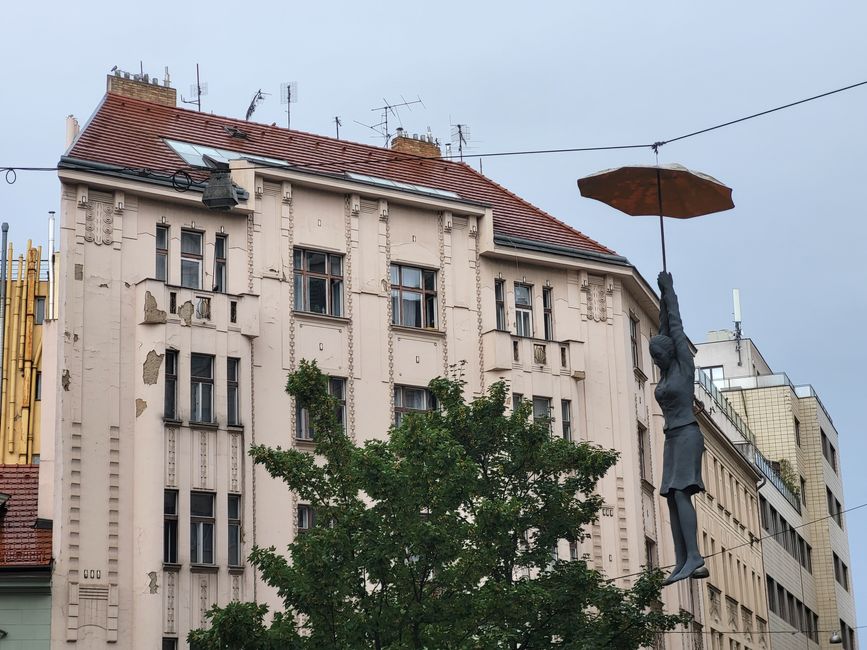
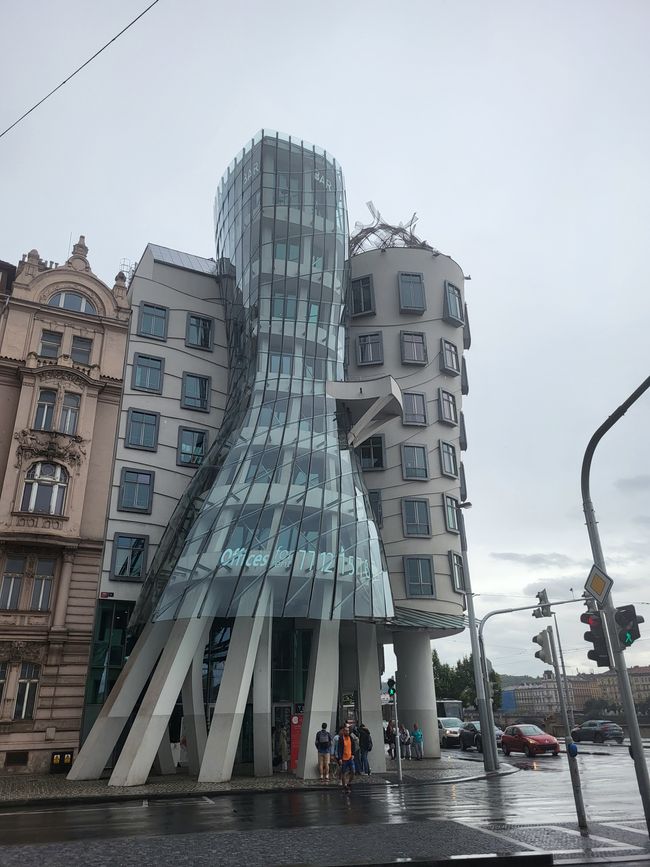
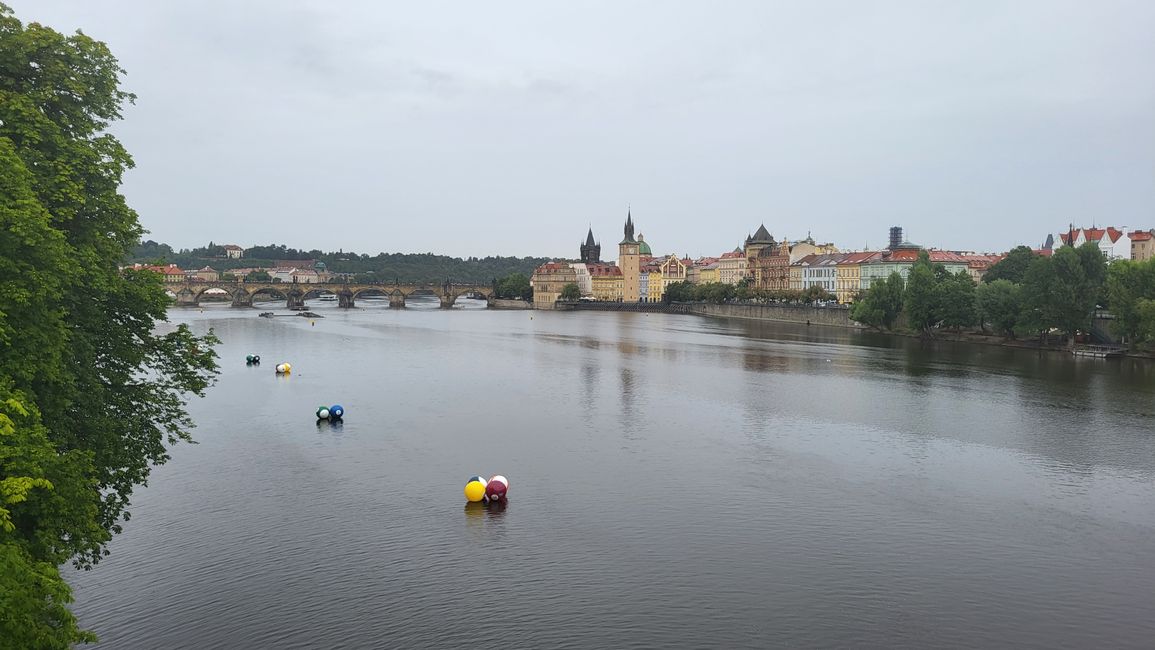
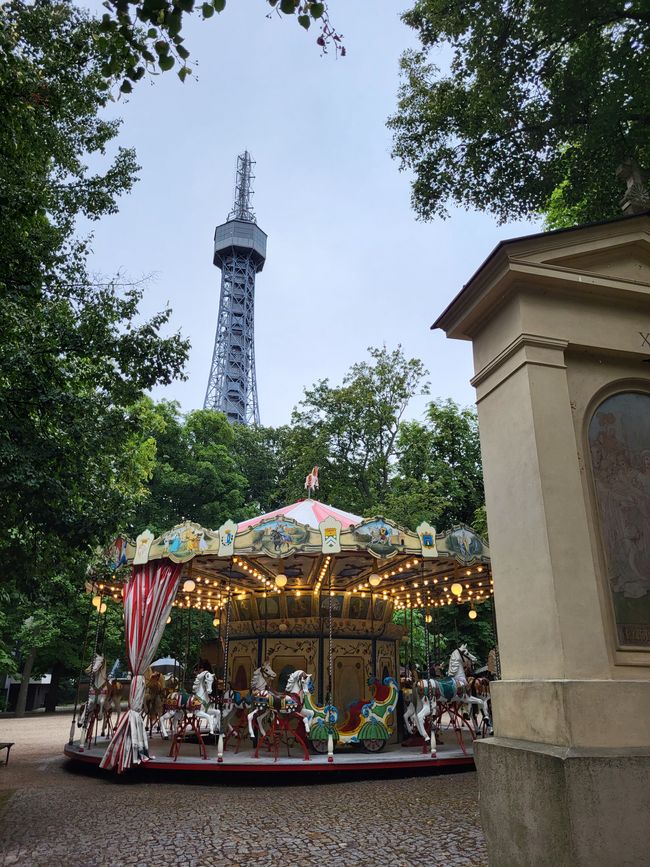
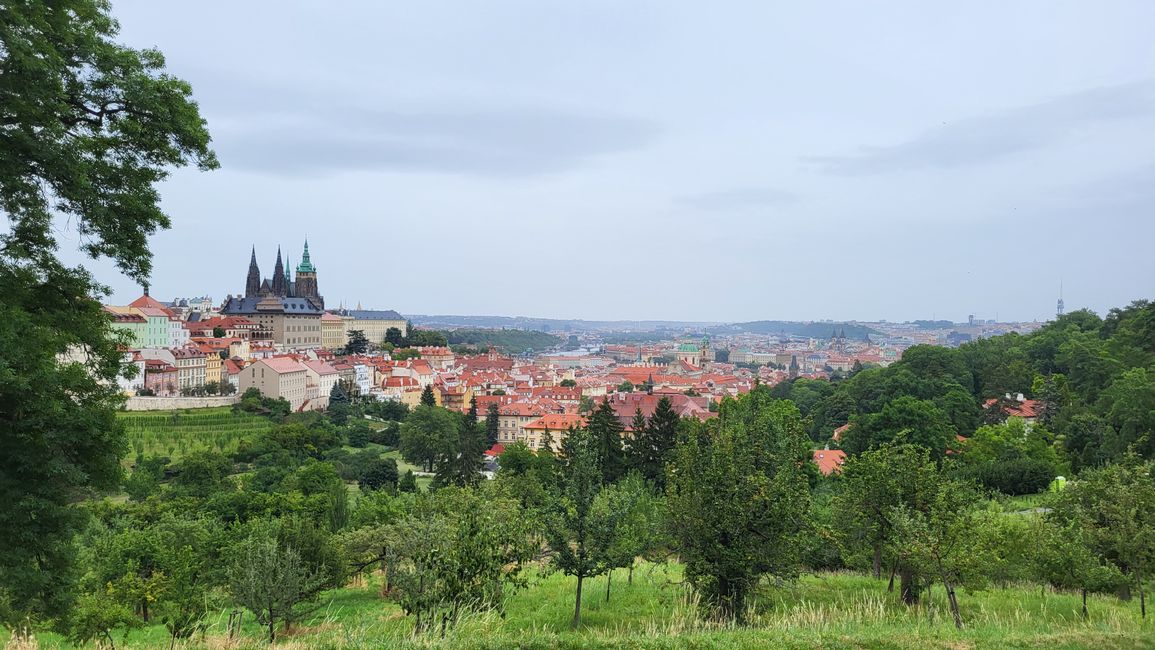
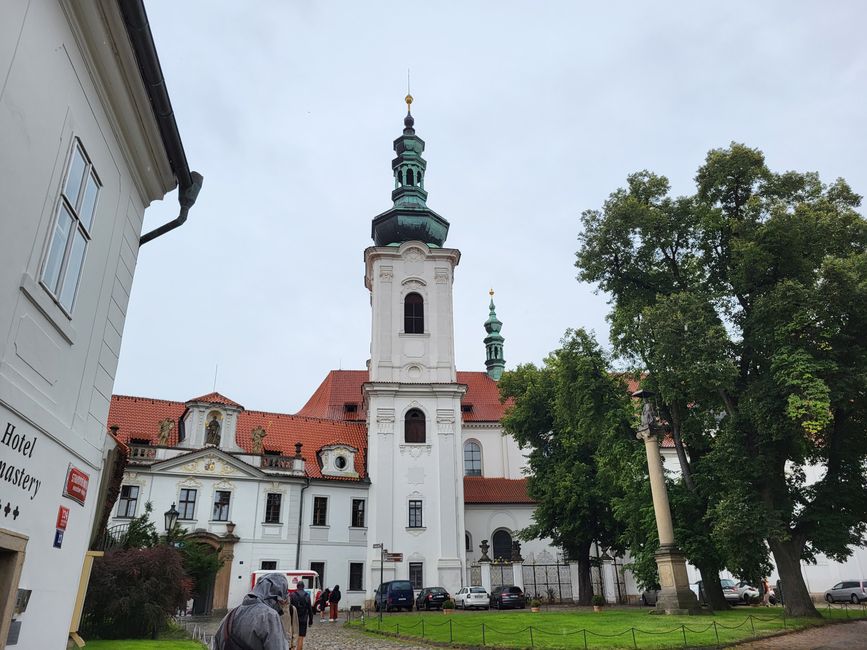
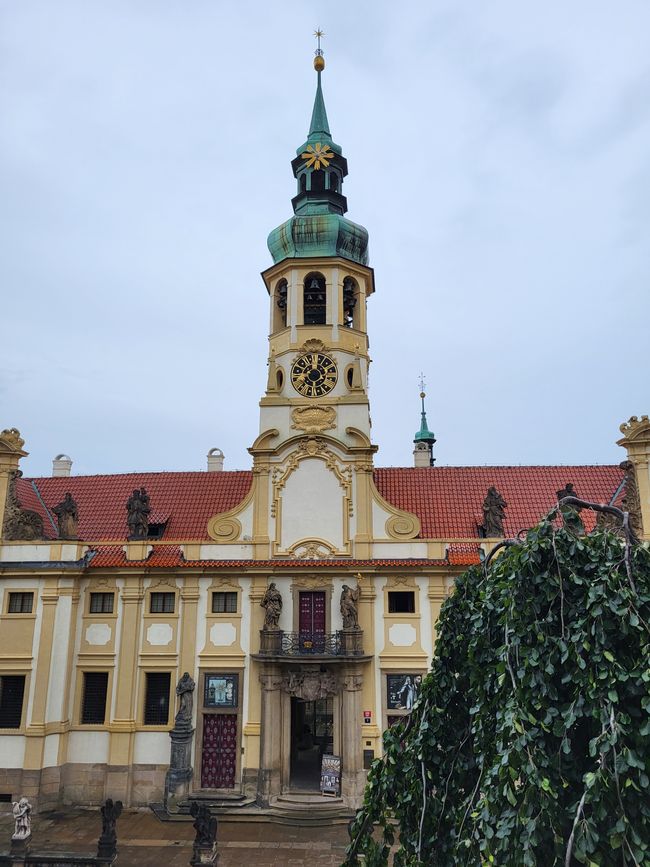
خبری مکتوب کے لیے درخواست دیں
We also made stops in Prague, the capital of the Czech Republic, for two days. Driving the camper into the city was a bit challenging, even though we mainly stayed on the bypass road and our pitch was a bit outside.
In the Troja district, there is a street where many private individuals seem to have turned their gardens into camper pitches.
Unfortunately, the first two were already fully occupied, which we only noticed when we had already driven onto the driveway. The place was so tight that we couldn't turn around and had to go back and drive onto the street in reverse.
At the next place, we asked before entering whether there was any space available, and indeed we could stay here for two nights.
In the evening, the place was fully occupied and quite tight, but we were glad that we had found something.

The connection to the city center by tram was quite good, so we went into the city for a first small walk in the evening.

This time, we didn't choose a typical Czech restaurant for dinner, but something more exotic and went to an Uzbek restaurant.

Before taking the tram back, we took a look at the evening Charles Bridge.

The next morning, we started our walk at the historic Wenceslas Square, at the end of which stands the bronze equestrian statue of Saint Wenceslas, the patron saint of the Czechs.

Today, the square is surrounded by shops, hotels, and cafes, with some beautiful Art Nouveau houses to see as well.

Naturally, we also visited the Old Town Square with the Town Hall during our walk.

This time, however, we did not watch the clock play at the astronomical clock on the Town Hall at the full hour, but only looked at the seemingly impenetrable crowd of people in front of it.

Our previous visits to Prague were in the fall or winter, so it wasn't quite as crowded.

After the crowd had thinned out a bit, we continued to Lesser Town and treated ourselves to a delicious Trdelník (chimney cake) as a mid-morning snack.

We walked through the winding Charles Street to the city's most famous bridge.

The Charles Bridge was built in the 14th century and was the only solid connection between the Old Town and Lesser Town until the 19th century.

Today, it is reserved for pedestrians, and the many visitors pose in front of the 30 groups of sculptures from the 17th century, which depict Christ, Mary, and the saints.

We then walked through the streets of Lesser Town to the German Embassy, from whose balcony in 1989, Genscher announced to the waiting East German citizens on the embassy grounds that they were allowed to leave the country.

In the residential house of Edward Kelley, an alchemist from the 16th century, we visited the 'Museum of Alchemists and Magicians of Old Prague'.

The exhibition, which is vividly designed with many artifacts, is mainly located in the attic of the house. A friendly museum employee accompanied us and a group of Dutch people, and told some stories about what we could see.

Afterwards, we continued up to Prague Castle.

It was built in the 9th century and was later expanded until it reached its current enormous size.

After all, in the 14th century, it was also the center of the Holy Roman Empire of the German Nation, with St. Vitus Cathedral as the coronation church and burial place of the rulers.

We then climbed up to the 318-meter high Petrin Hill, on which the Eiffel Tower-inspired lookout tower stands.

However, we went down on the funicular railway and shortly afterwards found a small chocolaterie with an incredibly chocolatey hot nougat chocolate, where we took a break.

We then returned to the Old Town via the Legions' Bridge.

We walked along the Vltava River to the Dancing House, which was built in 1996 as an office building. The houses look like a dancing couple, as if they were in motion.

From there, we went to Wenceslas Square, the largest square in the country, which looks more like a large park.

Then we took the metro back to our pitch.
خبری مکتوب کے لیے درخواست دیں
جواب دیں۔
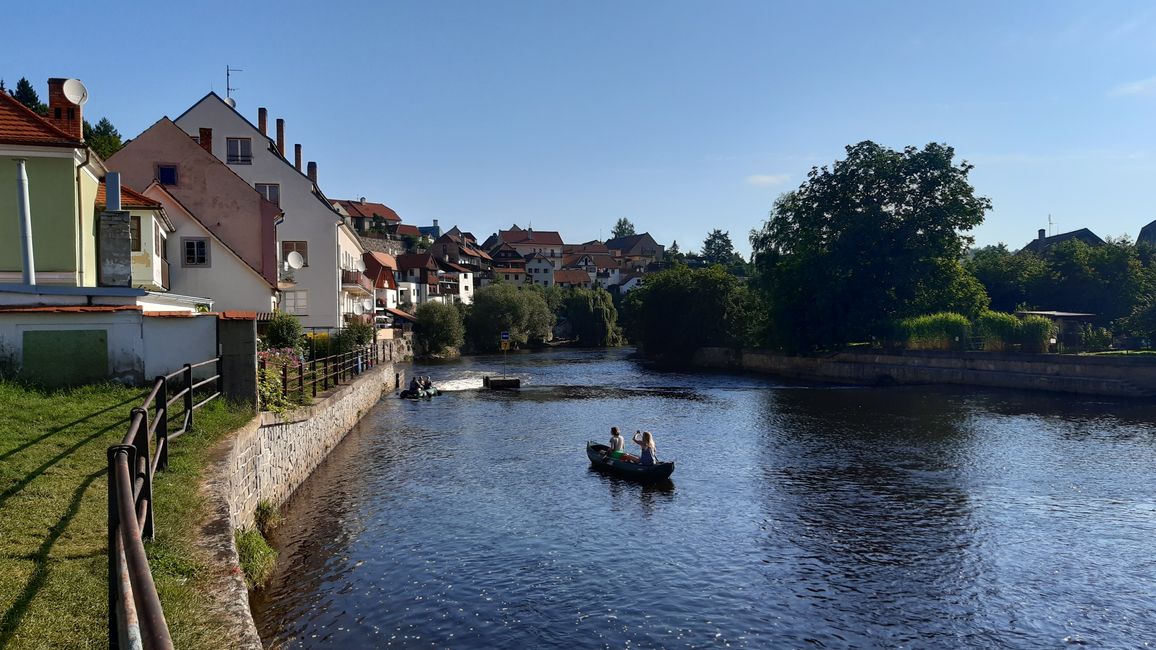
سفری رپورٹس چیکیا
